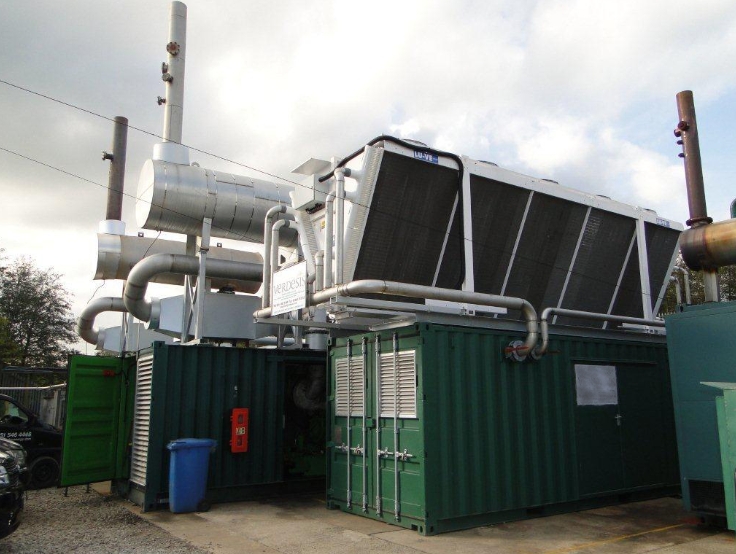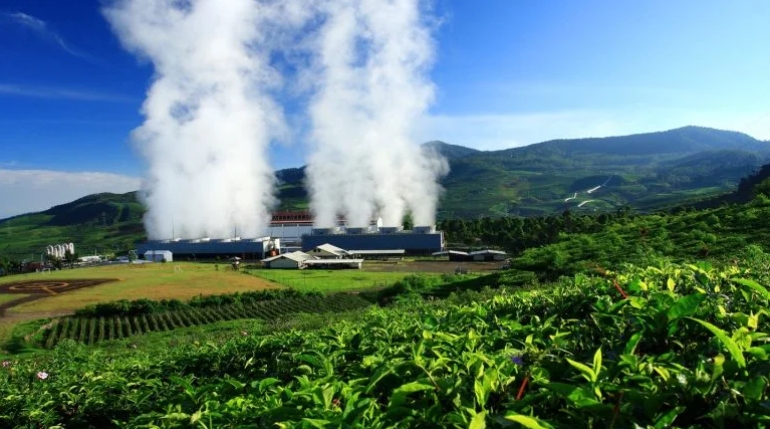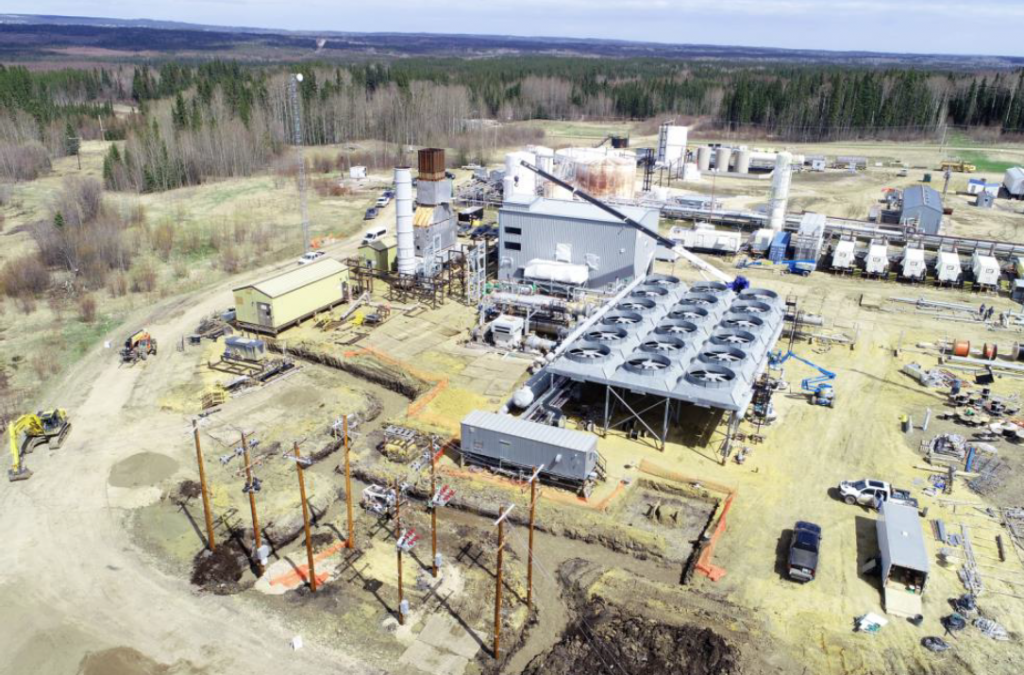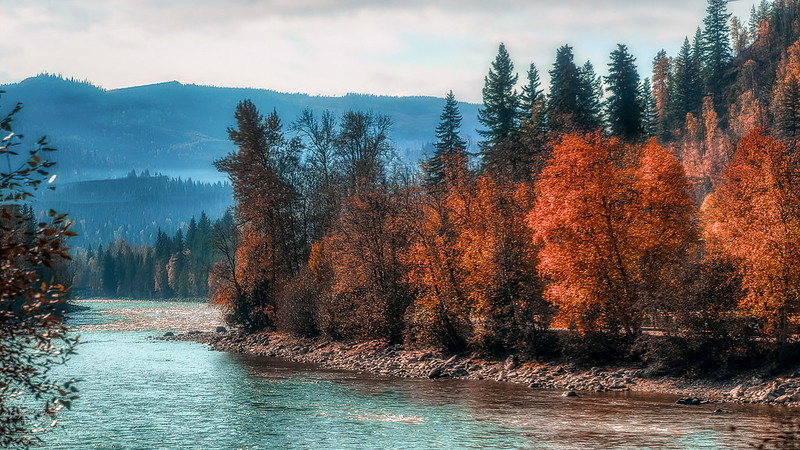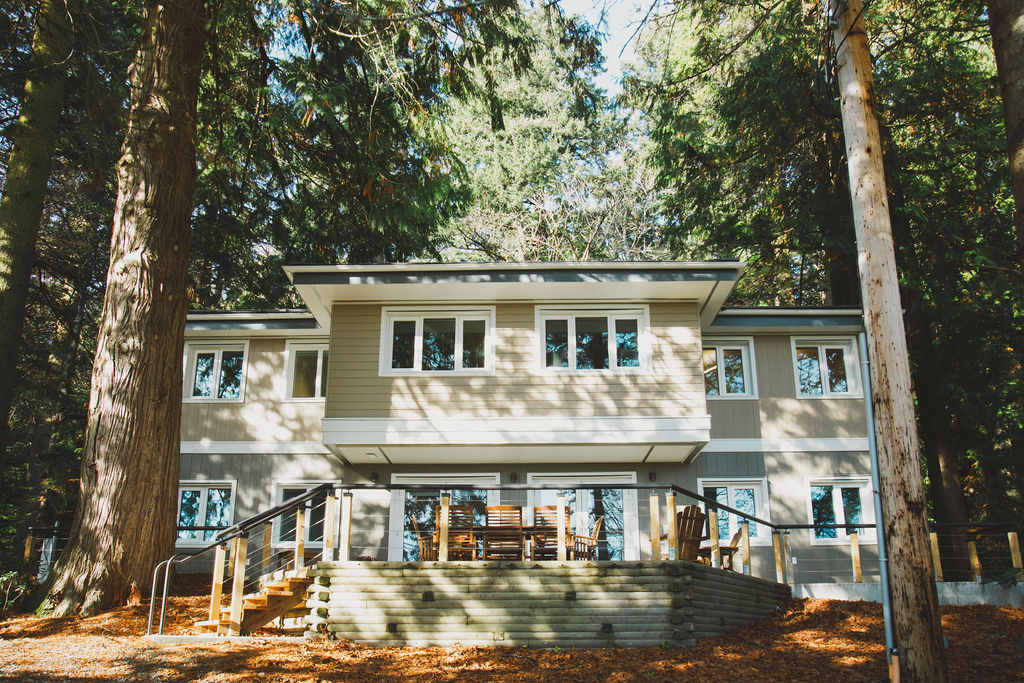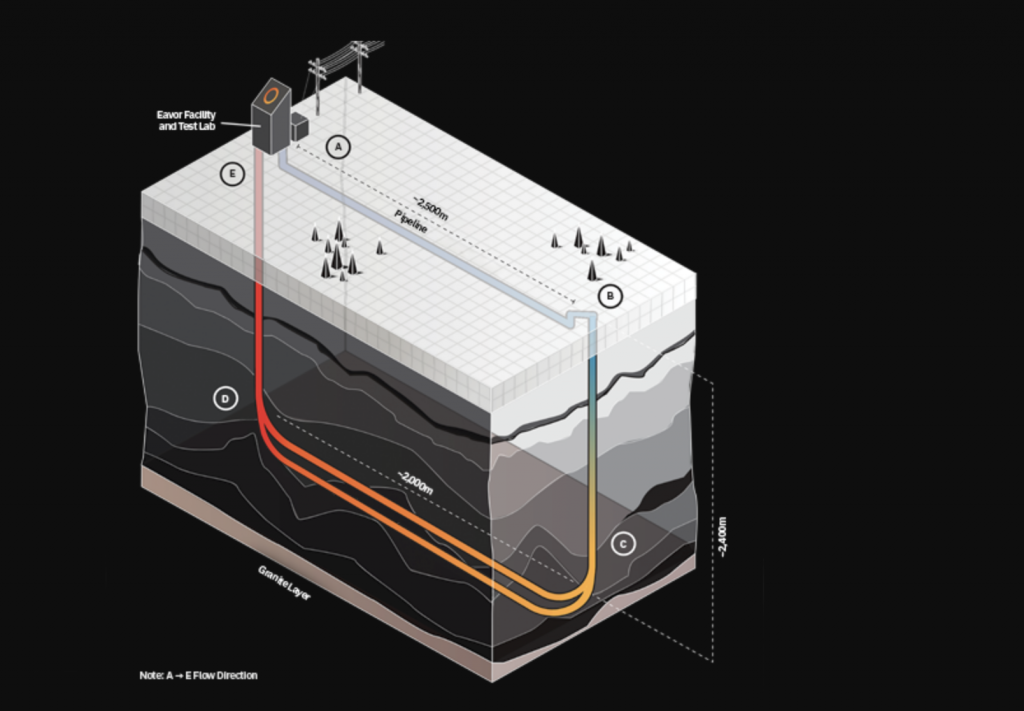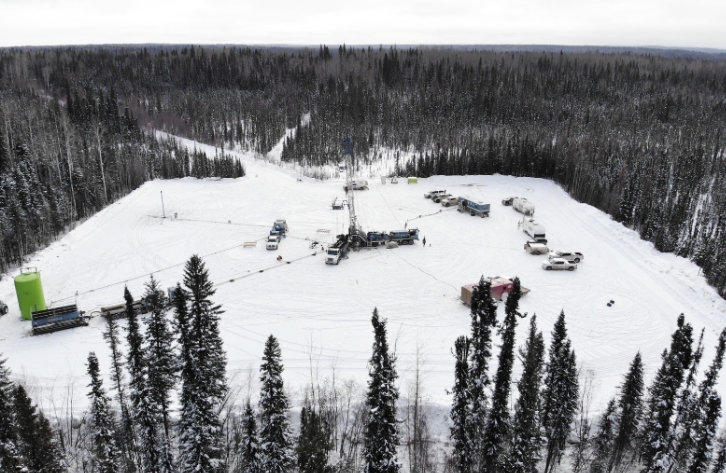
Rig operations at the site of the Tu Deh-Kah geothermal project in British Columbia, Canada
The Tu Deh-Kah geothermal project, led by Fort Nelson First Nation (FNFN) in British Columbia, Canada, has secured $1.2 million in funding from the Government of Canada via Natural Resources Canada.
This initiative focuses on constructing a power plant with an initial capacity of 7 megawatts electric (MWe), with potential to expand to 15 MWe. Located approximately 14 kilometers southwest of Fort Nelson, the site utilizes the former Clarke Lake Gas field. The facility is projected to supply electricity to around 10,000 homes while fostering sustained economic growth for FNFN and nearby communities.
Fully owned by Indigenous stakeholders, the project marks British Columbia’s first geothermal facility and stands as one of Canada’s earliest ventures of this kind. A late 2024 update revealed plans for additional production well drilling, targeting operational commencement by 2027.
Jim Hodgson, CEO of Deh Tai Limited, FNFN’s economic development entity, remarked: “This milestone reflects our Nation’s commitment to energy sovereignty, sustainable development, and Indigenous leadership in clean energy. Thank you to Natural Resources Canada for supporting our journey!”
The Tu Deh-Kah project is among seven Indigenous-led efforts funded through Natural Resources Canada’s Indigenous Natural Resource Partnerships (INRP) Program. This initiative seeks to enhance Indigenous involvement in natural resource projects vital to the clean energy economy. Across these seven projects, a total of $6.2 million has been allocated.
The development underscores a collaborative approach to advancing renewable energy, with the Tu Deh-Kah site poised to contribute to both local power needs and broader economic opportunities. Ongoing efforts in drilling and planning aim to ensure the project meets its 2027 operational goal, reinforcing Indigenous leadership in sustainable resource development.
